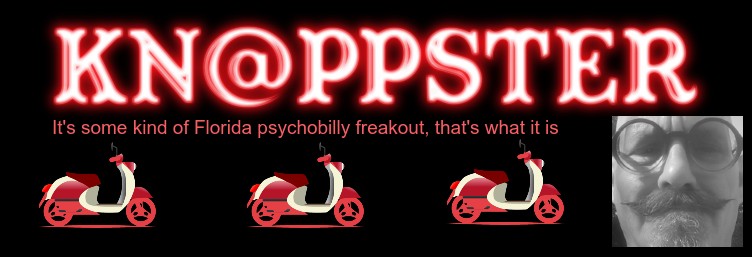... is why, in criminal trials, prosecutors or judges should have any power at all over what kind of defense someone accused of a crime might choose to present to a jury.
We've seen this a number of times with respect to marijuana prosecutions, where federal judges have ruled that even though "medical marijuana" is legal in a particular state, defendants can't tell the jury "I should be acquitted because what I did wasn't illegal where I did it."
Now in Florida, judges are deciding, based on prosecutorial requests for suppression, whether or not defendants can claim that the "Stand Your Ground" law clears them of murder charges.
The case that caught my attention this morning is that of Paul Charles, accused of murdering sailor Matthew Snow. Based on the alleged facts of the case, I doubt that a jury would buy a "Stand Your Ground" defense, but Charles has just been forbidden by a judge from even presenting that defense (as well as a "Castle Doctrine" defense, which also sounds sketchy enough that a jury would likely find it unconvincing). [hat tip -- Sayfie Review]
That is, pardon my French, bullshit.
It should be up to the jury to decide whether they believe Charles and/or agree with Charles, not up to the judge to decide what Charles can say.
This ruling is an attempt by the prosecution, aided by the judge, to suppress any possible hint of "reasonable doubt" that might, just might, convince one or more jurors to vote for acquittal.
Between prosecutorial pressure to take a "plea bargain" and prosecutorial/judicial gaming of this kind to keep conviction rates in the 90%+ range, it's fraudulent to refer to the current regime as a "justice" system.

No comments:
Post a Comment